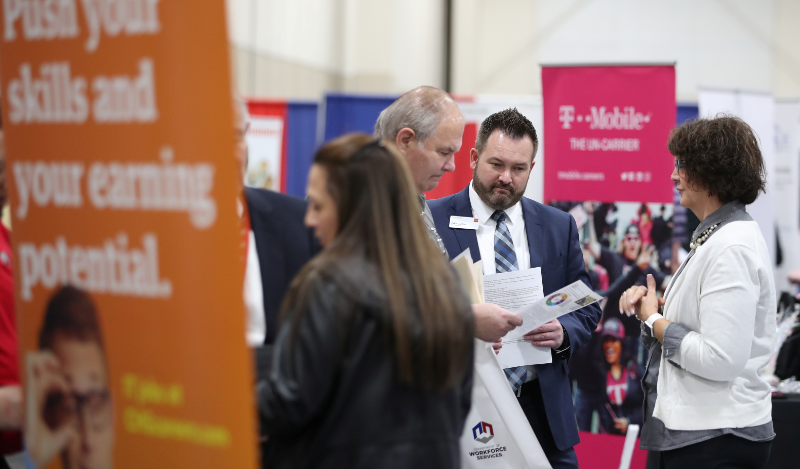
June 25, 2025
De-Skilling the Knowledge Economy
Key Points Introduction As David Veldran and I examined in our 2024 report, The Age of Uncertainty—and Opportunity: Work in the Age of AI, forecasts of how artificial intelligence will affect jobs and skills are remarkably uneven and often contradictory.1 This is less a matter of poor methodologies or lack of investigation than it is…

January 29, 2024
How Should Students Think About College?
In recent years, there has been a marked decline in public confidence in higher education, sparking debate on the value of a bachelor’s degree. In a new report published by AEI’s Center on Opportunity and Social Mobility, we seek to add some much-needed nuance to an increasingly go/no-go debate. Despite public perception, the bachelor’s degree continues to have great…

August 28, 2023
Here’s a Kind of Job-Training Program That Works
JOB-TRAINING AND WORKFORCE-DEVELOPMENT programs have long been plagued by weak wage and job-persistence outcomes. Since the United States spends markedly less on these types of programs than do other developed nations, it’s reasonable to ask whether the weak outcomes are a function of the programs or the funding. Likely, it is a combination of both. The good…